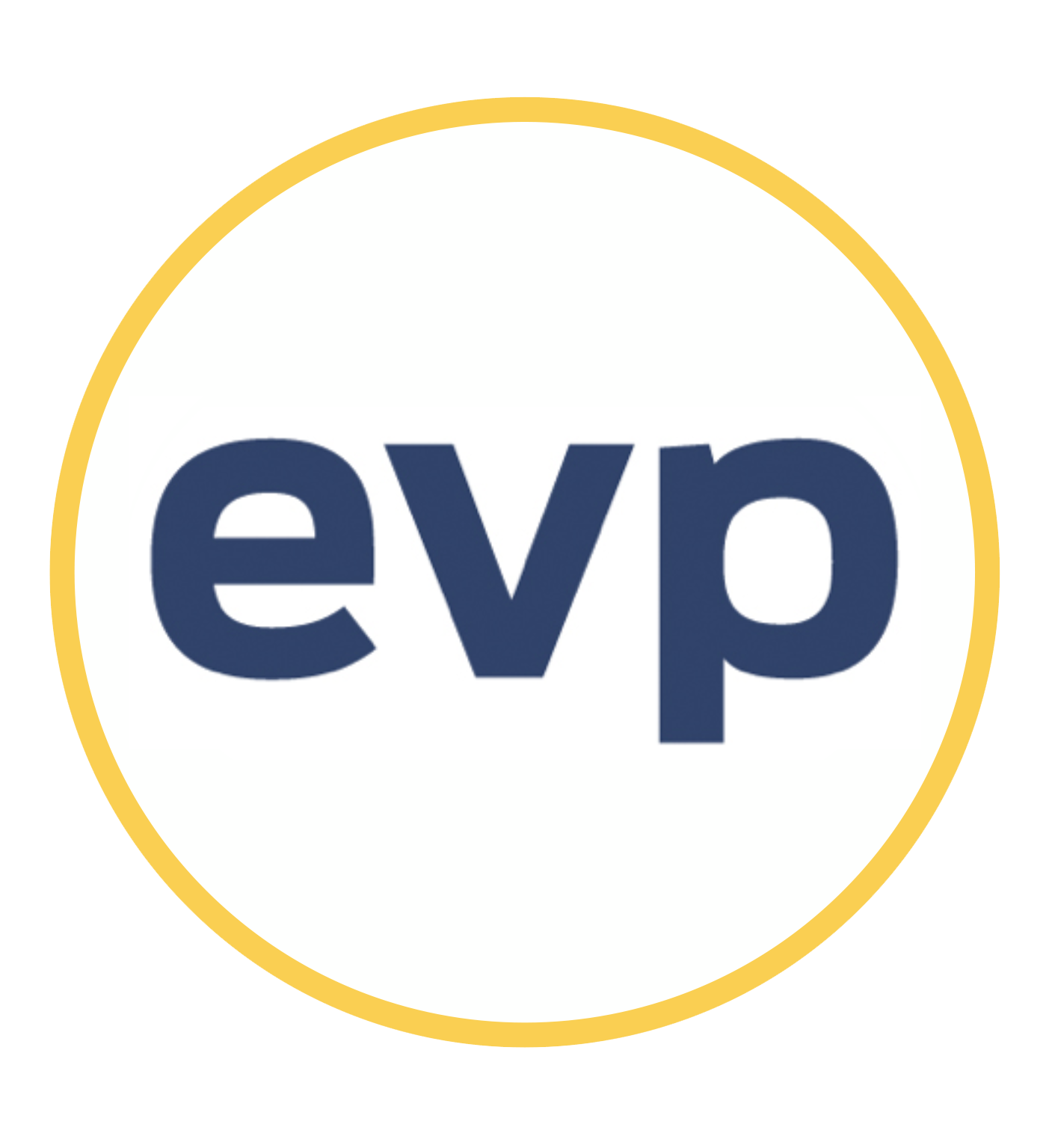Experiential Learning
Experiential learning:The mutually beneficial relationship to faculty, students, and clients.
Experiential learning is widely known to benefit students by providing real-world experience and hands-on skills. However, experiential learning programs also have rewards for the faculty, brands and future employers involved as well.
Faculty
Faculty who provide experiential learning opportunities to their students are able to teach skills they are unable to teach from a textbook, including, problem solving, analytical thinking and decision making. Coincidentally, these three skills were listed as core areas employers rank as lowest for college graduate preparedness1. Building these skills has become an important and needed addition to traditional education.
As one faculty noted after providing her students an experiential learning program, “The best for us was to have a campaign that we had to EXECUTE and MEASURE, not just create. It puts a whole new perspective on things when the students actually have to implement their "great" ideas. Then they get a chance to deal with all the stuff that requires compromises while still trying to achieve a goal,” said Professor Amy Struthers of the University of Nebraska, Lincoln.
Brands
Bringing your brand to a classroom or student group as an experiential learning program creates a lasting brand impression for the participating group of students. As experiential learning opportunities are so highly sought after by students, your brand becomes the vessel that they relate to this positive educational experience.
Additionally, for experiential learning opportunities that include an element of activation or implementation, this brand impression can spread across the campus and/or community. Millennials trust and value their peers over traditional advertising techniques, so for brands it’s a win–win. The Millennials participating in the program gain real-world experience, while simultaneously increasing awareness, trust and value of the brands they are tasked with promoting among their peers.
Employers
Employers looking for new candidates may also find experiential learning programs beneficial to aid in their recruitment efforts. Students working on an experiential learning recruitment program can promote career opportunities and benefits to their fellow students to position an employer as a viable and desirable career option. Peer-to-peer campus recruiting is an effective way to reach collegiate candidates within the Millennial market, while providing participating students an invaluable experiential learning opportunity.
Students
As mentioned above, experiential learning is an effective way for students to apply key knowledge and transferable skills from lectures and textbooks to gain valuable communication, problem-solving and decision-making skills.
“Actual real-world experience is so very beneficial as a student. Having a mentor available to answer any questions is great when we are still learning, but about to leap into the industry on our own. I also thought that having specific rules was beneficial to teach us how to work within the bounds that a client has set, and then we are able to find creative solutions from there,” said a recent experiential learning participant from the Illinois Institute of Art – Chicago.
There are many options when it comes to experiential learning. A new study by Drexel University, Consulting Based Action Learning As an Experiential Learning Alternative to Traditional Co-Operative Education, shows that consulting-based projects, such as those offered by EdVenture Partners, provide as much or more than cooperative education in terms of perceived benefits to participants. Two categories that stood out for consulting-based projects were leadership skills and the challenge of the work. In these areas, consulting-based projects ranked higher than cooperative education2. Full study available here.
Students participating in an experiential learning program while in college gain a leg up in the marketplace by learning the valuable skills employers most often find lacking in recent graduates.
Experiential learning offers 360-degree benefits for everyone involved from the participants to the sponsors. Consider including an experiential learning opportunity as part of the marketing or recruiting strategy for your brand.
1 - http://www.washingtonpost.com/news/grade-point/wp/2015/01/26/why-are-so-many-college-students-failing-to-gain-job-skills-before-graduation/?postshare=5851422315130406 2 - https://www.dropbox.com/s/tn5ld5dn2o5ryyi/Drexel_EVP.pdf?dl=0



